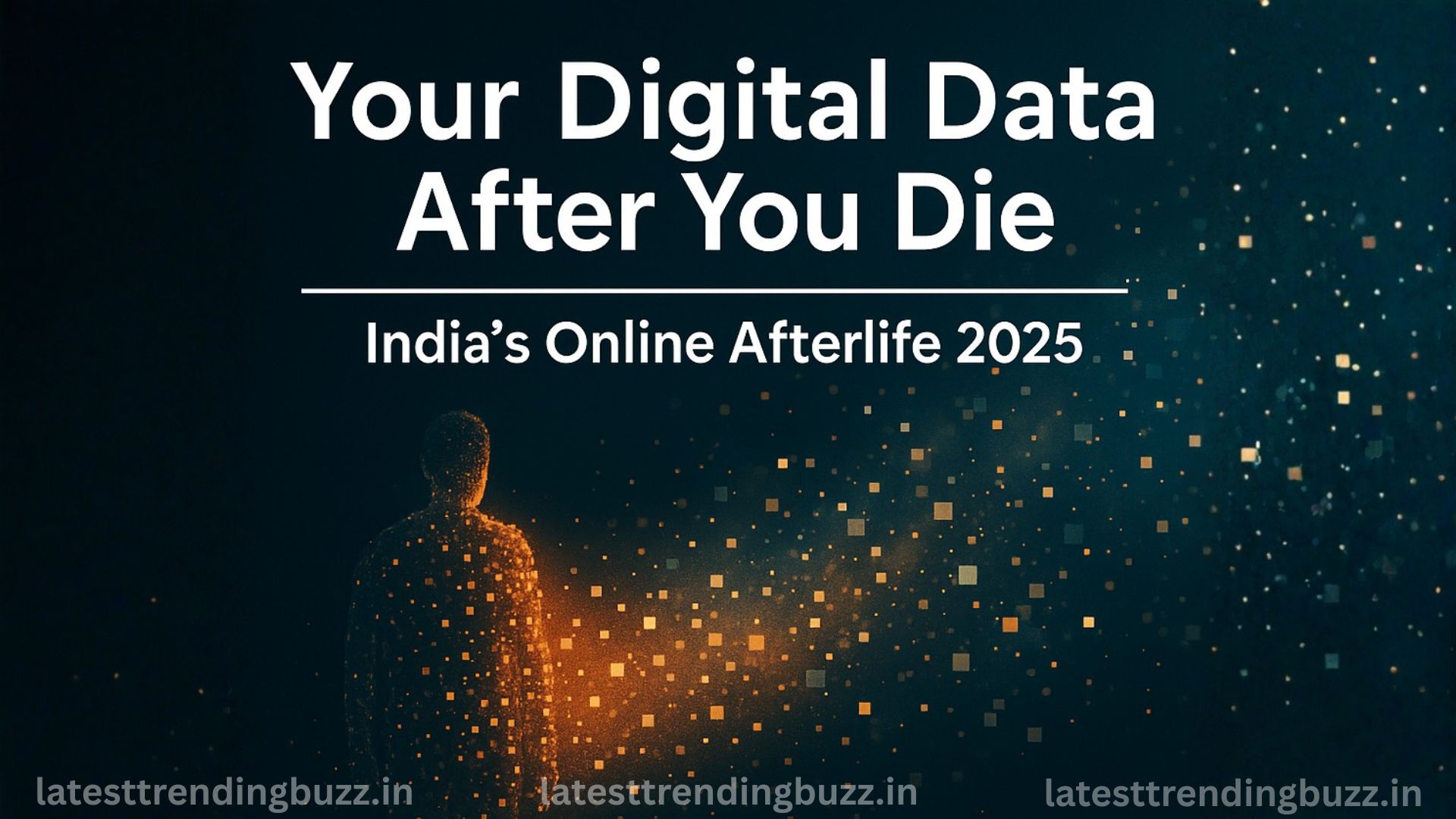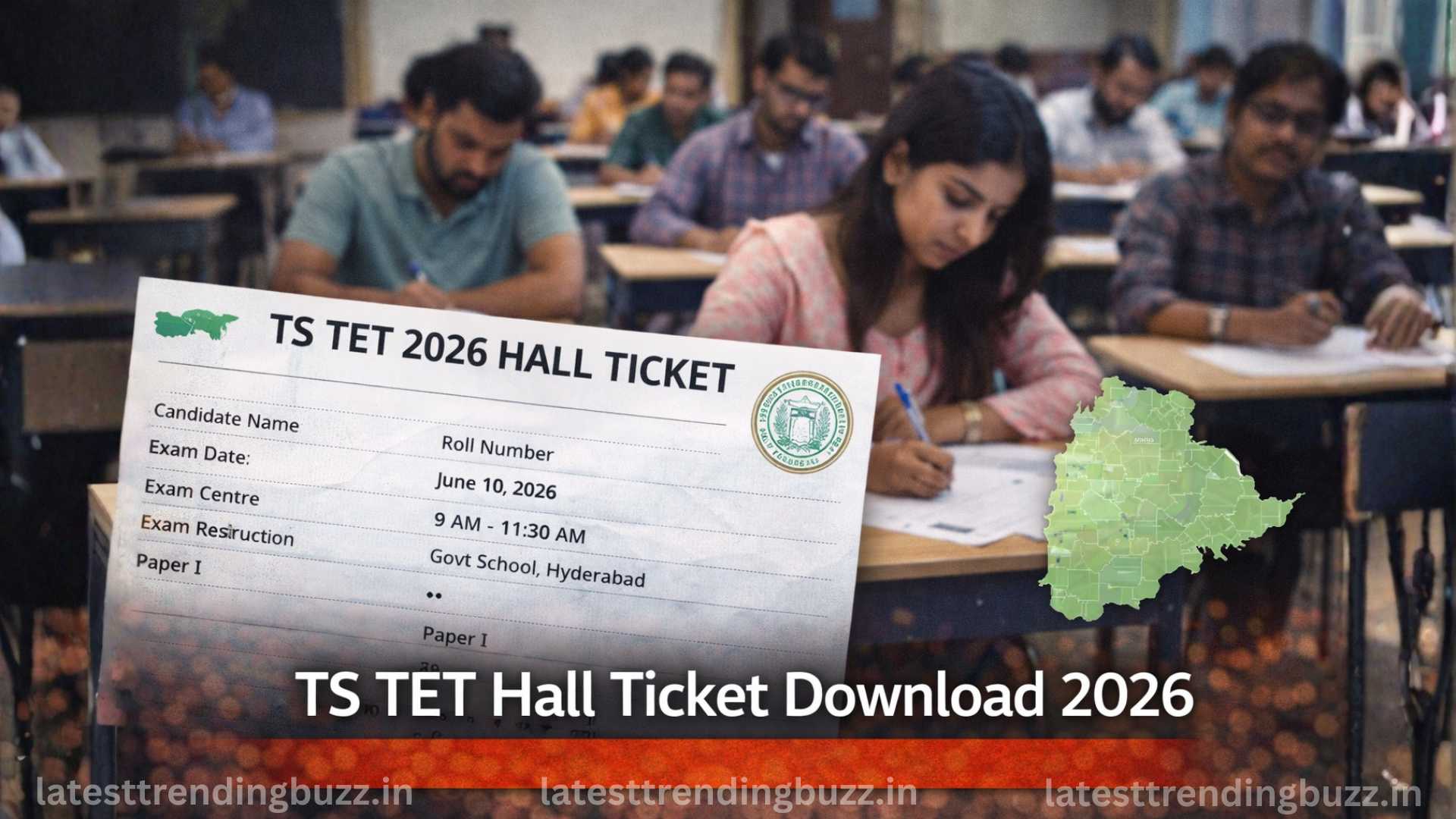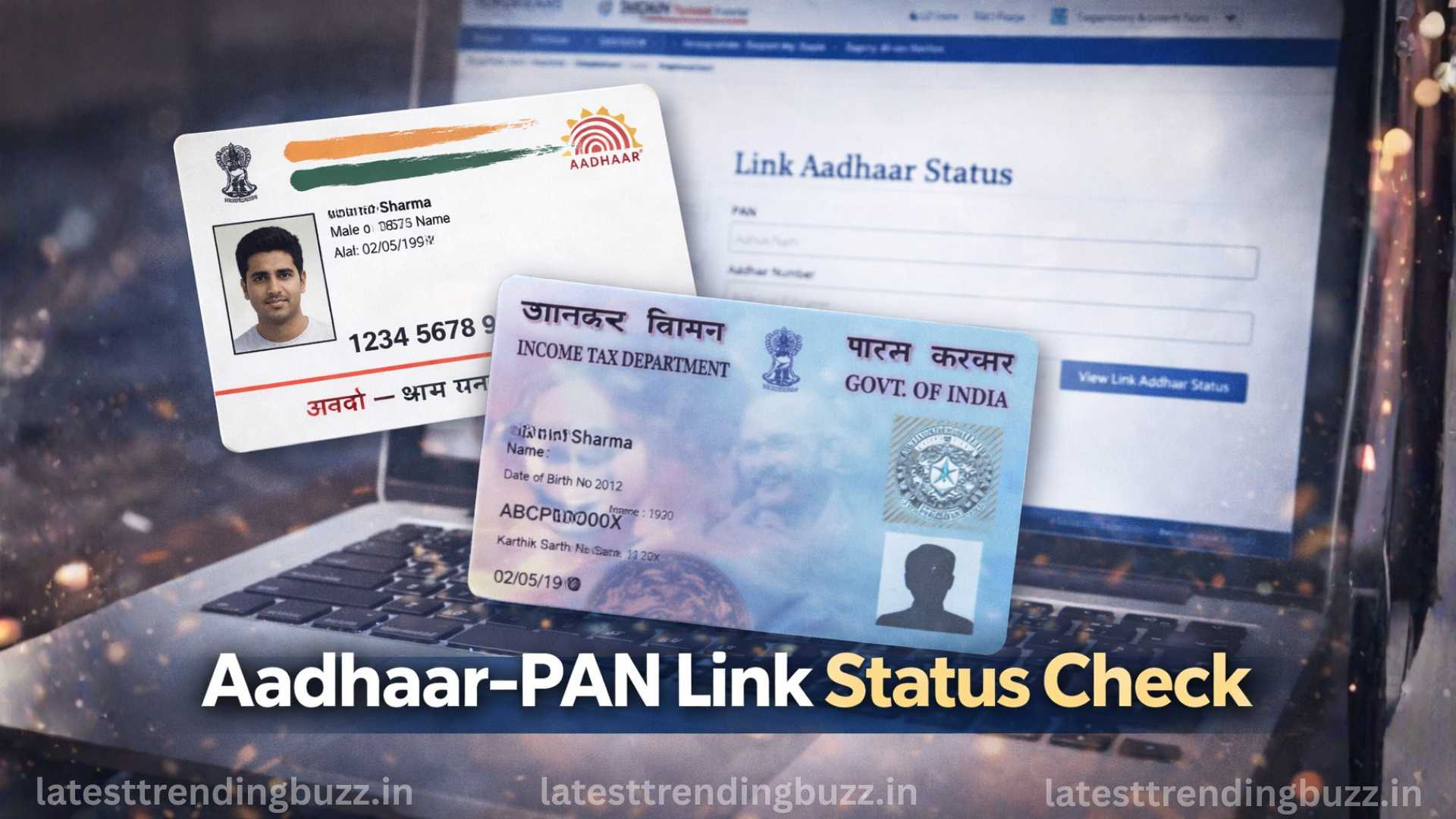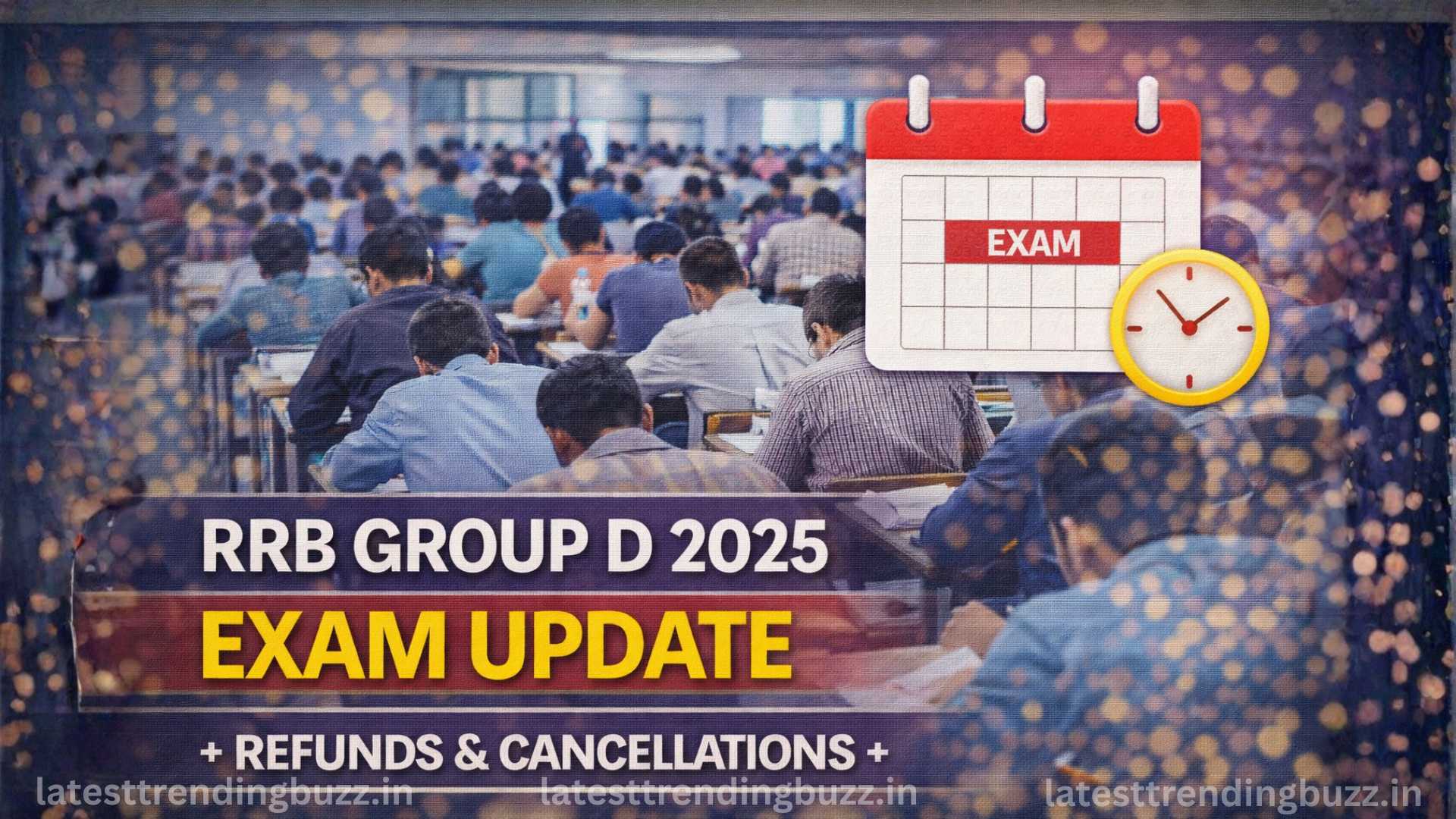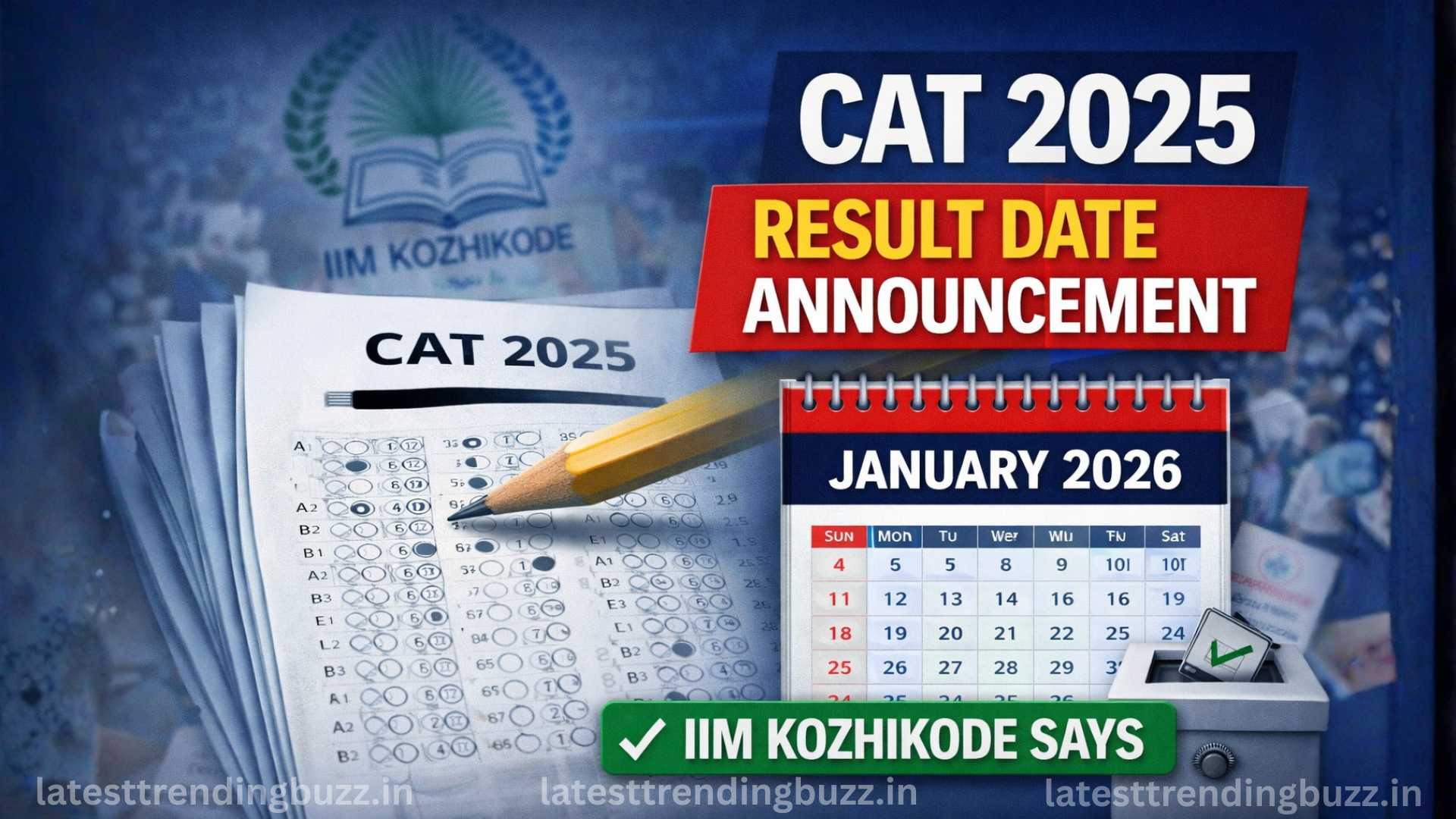We plan our careers, our finances, and even our retirement — but there’s one big thing most of us never think about: Your Digital Data After You Die.
Your Facebook selfies, your Instagram reels, your UPI history, your Google Drive files, your Netflix playlists — all of this doesn’t vanish just because you do. In fact, as of 2025, India has more than 900 million internet users and is expected to cross a billion by 2030. That means billions of accounts, photos, videos, chats, and memories floating around in cyberspace long after we’re gone.
Welcome to the strange, emotional, and fascinating world of Your Digital Data After You Die — also known as the Digital Afterlife.
Why “Your Digital Data After You Die” Matters in India
Think about this:
- Your family may want access to your bank-linked apps after you’re gone.
- Your kids may want your photos and videos as memories.
- Your business partners may need files or accounts tied to your email.
- Hackers might target dormant accounts if no one takes charge.
In Western countries, Your Digital Data After You Die is slowly becoming a legal and social conversation. But in India? It’s still a grey zone. We have laws for property, inheritance, and even intellectual property — but when it comes to digital property, we’re in uncharted waters.
Emotional Side: Do Our Memories Ever Die?
Let’s get real. Your WhatsApp chats with your best friend, your parents’ voice notes, your endless selfies — these aren’t just “data.” They’re fragments of your life.
Imagine your family stumbling upon your Google Photos album ten years after your death, or rewatching your Instagram stories saved in highlights. Would they smile, cry, or feel haunted by a ghost of your past?
That’s the strange part of Your Digital Data After You Die — it can either be a treasure chest of memories or an open wound that never heals. It’s not just a tech problem; it’s deeply human.
The Legal Void in India
In India, inheritance laws like the Indian Succession Act talk about property and money, but not about Your Digital Data After You Die.
So, big questions remain unanswered:
- Who gets your Gmail and YouTube accounts?
- Can your spouse inherit your crypto wallet without your private key?
- Should your Facebook stay public or go private?
Some countries already allow “digital wills,” where you can legally assign heirs to your online data. Facebook lets you set a “Legacy Contact.” Google has an “Inactive Account Manager.” But in India, most people don’t even know these features exist — and culturally, we rarely talk about death until it’s too late.
That’s why Your Digital Data After You Die is one of the most important legal frontiers India has yet to explore.
Also Read: India 2050 Prediction Tracker: How Technology Will Redefine Our Daily Life
AI and the Rise of Digital Ghosts
Here’s where things get futuristic — and a little spooky.
Artificial Intelligence is now making it possible for your loved ones to interact with a digital version of you after you’re gone.
That’s right — Your Digital Data After You Die can be used to train an AI model that talks like you, texts like you, even thinks like you.
Companies across the world are already experimenting with this concept. Imagine your loved ones receiving birthday messages from your AI avatar every year, or chatting with a bot built from your old WhatsApp messages.
Some find this comforting — a way to “keep” their loved ones alive. Others find it eerie, like living with a digital ghost. But one thing’s certain: AI is changing what Your Digital Data After You Die can mean.
Who Owns Your Digital Assets?
Your digital self isn’t just emotional — it’s valuable.
When you think about Your Digital Data After You Die, don’t just think about photos or emails. Think assets.
- Cryptocurrency wallets: Without the private key, those lakhs or crores are lost forever.
- Domain names & YouTube channels: Many continue earning ad revenue long after the owner passes.
- Music, books, NFTs, blogs: Digital intellectual property has lasting economic value.
Without a plan, all that vanishes — or worse, gets stolen.
So, protecting Your Digital Data After You Die is also about protecting your digital wealth.
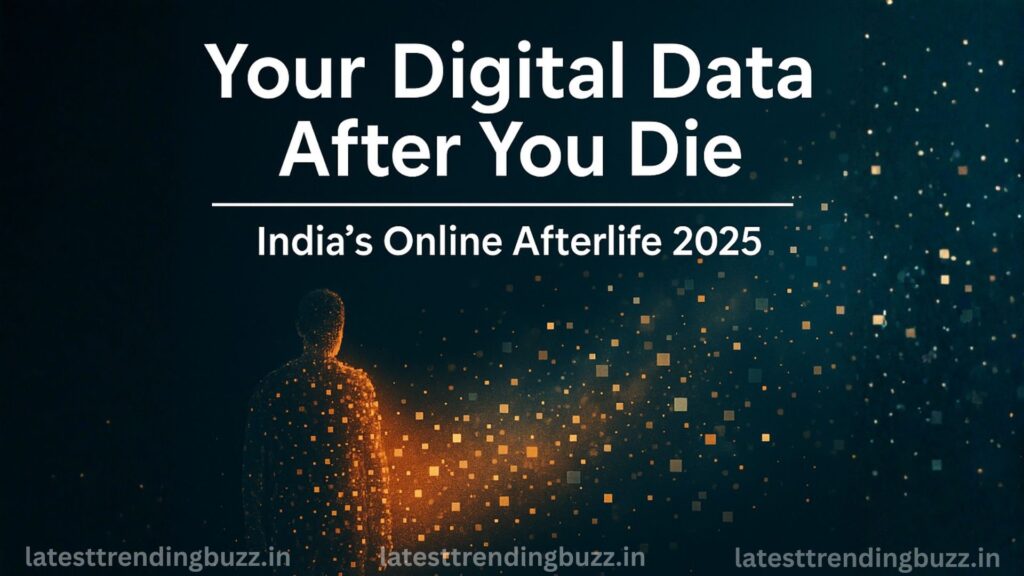
What You Can Do Today
India doesn’t yet have clear laws for digital inheritance. But here’s what you can do to prepare your digital legacy:
- Set Up a Digital Will: List all your digital assets, logins, and instructions for each.
- Use Legacy Tools:
- Facebook → Set a Legacy Contact
- Google → Use Inactive Account Manager
- Instagram → Set Memorialisation Preferences
- Secure Crypto & Finance Data: Share keys with a trusted person or set up inheritance-enabled wallets.
- Talk to Your Family: Discuss what should happen to Your Digital Data After You Die — delete, preserve, or memorialize?
- Use a Password Manager: Choose one with “emergency access” features.
These small steps ensure Your Digital Data After You Die doesn’t end up lost, hacked, or locked forever.
The Future of Digital Afterlife in India
By 2050, India will have one of the world’s largest digital populations. That means the digital graveyard will grow too.
As more Indians go online, expect:
- New laws defining digital inheritance rights.
- Tech startups offering “digital memorial” AI services.
- Debates on whether digital immortality aligns with Indian spiritual beliefs.
- Insurance companies including “digital estate planning” in their policies.
Your Digital Data After You Die will soon be as important as your physical will. Because when your body rests, your digital life might still be awake — scrolling, remembered, and analyzed
Also Read: Life in India 2050 Latest: Flying Cars, Smart Cities, and Digital Humans
Real Stories, Real Questions
In small but growing numbers, Indian families are already facing the dilemma of Your Digital Data After You Die.
A son trying to access his late father’s Gmail for business files.
A widow unable to retrieve her husband’s crypto account.
A daughter finding comfort in old Facebook posts from her mom.
Each story shows how Your Digital Data After You Die isn’t just about privacy or passwords — it’s about love, closure, and identity.
Tech Companies’ Role in “Digital Afterlife”
Tech giants hold the keys to your afterlife. Google, Meta, Apple, and others store billions of users’ data, but what happens when a user dies?
Right now, Your Digital Data After You Die is handled by company policies, not law.
Google can transfer access through inactivity settings. Facebook can memorialize profiles. Apple allows family sharing through its Legacy Contact system.
But what if your heirs don’t know your passwords or even what services you used? That’s when Your Digital Data After You Die becomes digital dust — locked forever behind encrypted doors.
Cultural Perspective: Life, Death, and Data
India’s spiritual traditions view life and death as part of a cosmic cycle — janma, karma, and punarjanma.
But how does that translate to Your Digital Data After You Die? Does your online self deserve rebirth? Or should it find peace and deletion?
Religious scholars are beginning to discuss this modern paradox. Some say preserving data keeps memories alive; others believe letting it go honors spiritual closure.
Either way, Your Digital Data After You Die is reshaping how India thinks about the boundary between memory and mortality.
Economic and Legal Implications
Economically, Your Digital Data After You Die is massive. By 2030, the estimated value of dormant digital accounts globally will exceed $150 billion.
In India, where fintech, crypto, and digital startups dominate, digital assets may soon be recognized as inheritable property. Law firms are already drafting “digital wills.”
Governments are studying how to tax or transfer Your Digital Data After You Die, especially when it generates revenue.
So, this isn’t just emotional — it’s financial, legal, and deeply social.
FAQs on Your Digital Data After You Die
Q1: Can my family access my Gmail after I die?
Not unless you’ve set up Google’s Inactive Account Manager. Otherwise, data remains private even after death.
Q2: Is there an Indian law about digital inheritance?
Not yet. Courts handle each case separately.
Q3: What happens to my UPI accounts and online wallets?
Your bank transfers the balance as per succession law, but the linked IDs are deactivated.
Q4: Can I write a will for my online accounts?
Yes. You can include digital assets in your physical will — but specify access methods clearly.
Q5: Can AI really recreate me?
Technically yes. If your data is extensive enough, Your Digital Data After You Die could be used to make a chatbot or holographic replica of you.
Final Thoughts
Your Digital Data After You Die is not just about technology — it’s about legacy, love, and how humans will be remembered in the age of AI.
The truth? Death doesn’t delete data. Every photo, message, and transaction adds to your digital fingerprint. When you’re gone, that fingerprint remains — searchable, immortal, and sometimes emotional.
Ignoring Your Digital Data After You Die won’t make it disappear. Planning ahead gives you control, dignity, and peace of mind.
So the next time you scroll through your phone, think — how much of this will outlive you?
Because in 2025, immortality isn’t just a dream — it’s coded, cached, and waiting in the cloud.
Disclaimer
This blog on Your Digital Data After You Die is for informational purposes only. It does not constitute legal, financial, or technological advice. Laws and policies may evolve. Readers should consult a lawyer or cybersecurity expert before making decisions about digital inheritance or privacy after death.

